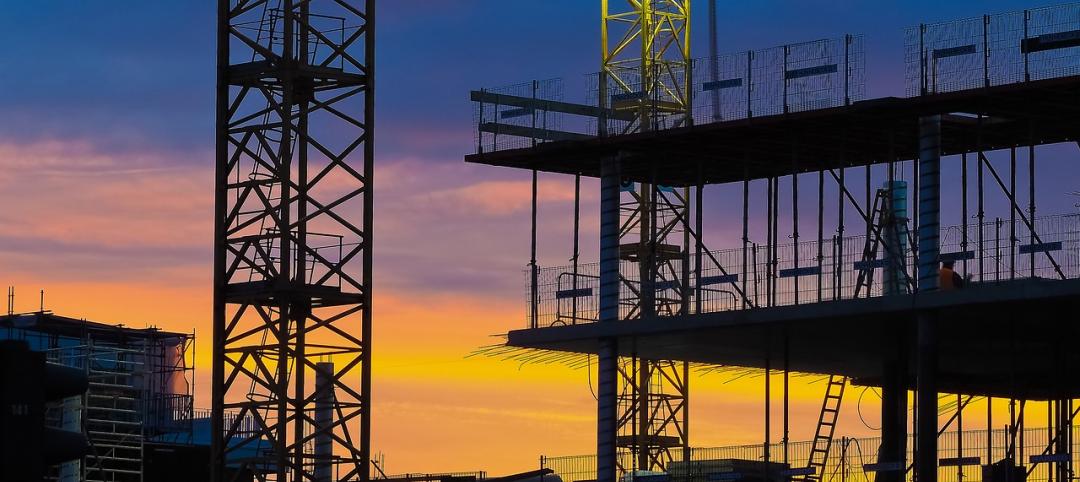The most resilient cities in the world, including six in the U.S., have attributes that would enable them to recover better than others from devastating natural disasters.
A report by Grosvenor examined 50 major cities around the world and ranked them on their vulnerability and adaptive capacity in terms of their infrastructure, community, resources, environment, and climate.
Two-thirds of people will live in urban areas by 2050, according to U.N. estimates, so city planners face daunting challenges to cope with the impact of climate change and population growth. The top three resilient cities are Canadian (Toronto, Vancouver, Calgary), and six of the top 10 are from the U.S., led by Chicago and Pittsburgh.
The report examines five categories of vulnerability: climate, environment, resources, infrastructure, and community. The five categories of adaptability include governance, institutions, technical capacity, planning systems, and funding structures.
“Resources,” encompasses a city’s access to energy, food, and water. “Funding structures” covers the ability to borrow and tap into national and international money.
“The strong U.S. ranking is due to adaptive capacity, where resources, public accountability of elected officials, and the technology of the U.S. are dominating factors,” the report says. “This suggests that U.S. cities will continue to see a pattern of effective public intervention, but often only after a major shock has occurred.”“The least resilient cities are the ones facing the greatest pressure to grow,” the report says. “High rates of population growth, while beneficial to production and culture in the long term, are likely to challenge improved adaptive capacity in the short term.”
(http://www.fastcoexist.com/3029442/the-10-most-resilient-cities-in-the-world)
Related Stories
Market Data | Apr 8, 2019
Engineering, construction spending to rise 3% in 2019: FMI outlook
Top-performing segments forecast in 2019 include transportation, public safety, and education.
Codes and Standards | Apr 5, 2019
Manhattan expected to adopt congestion pricing plan for automobiles
New York would be first U.S. city to charge drivers extra for downtown motoring.
Codes and Standards | Apr 4, 2019
Chicago makes major building code overhaul
Previous comprehensive changes were done 70 years ago.
Codes and Standards | Apr 3, 2019
Construction advanced materials makers can enhance industry efficiency with technology
Integration of new IT approaches in construction with new materials has potential to enhance sustainability, alleviate worker shortage.
Codes and Standards | Apr 2, 2019
Open offices reduce collaboration among employees
Counterintuitive finding makes value of wide open workspaces questionable.
Codes and Standards | Mar 29, 2019
New timber traceability LEED credit released
Pilot credit aims to reduce use of illegal wood in buildings.
Codes and Standards | Mar 28, 2019
Swinerton forms new mass timber business group
Will pursue new projects being developed with mass timber.
Codes and Standards | Mar 27, 2019
Shortage of skilled construction workers resulting in missed deadlines
Some 40% of contractors have turned down project offers.
Codes and Standards | Mar 25, 2019
ICC release 2019 guidelines for safe use of repurposed shipping containers
Provides in-depth, technical overview on how to design, review, and approve shipping containers as building elements.
Codes and Standards | Mar 22, 2019
Tool helps cities develop framework for life-cycle energy policies and track progress
Identifies policies, funding sources to address building energy use.

















